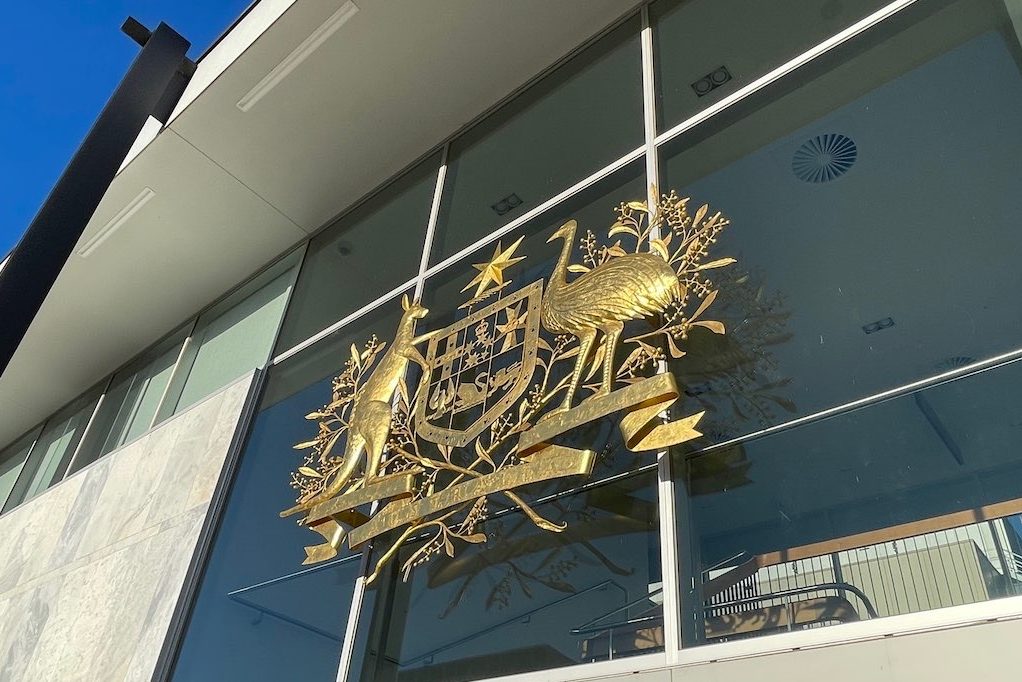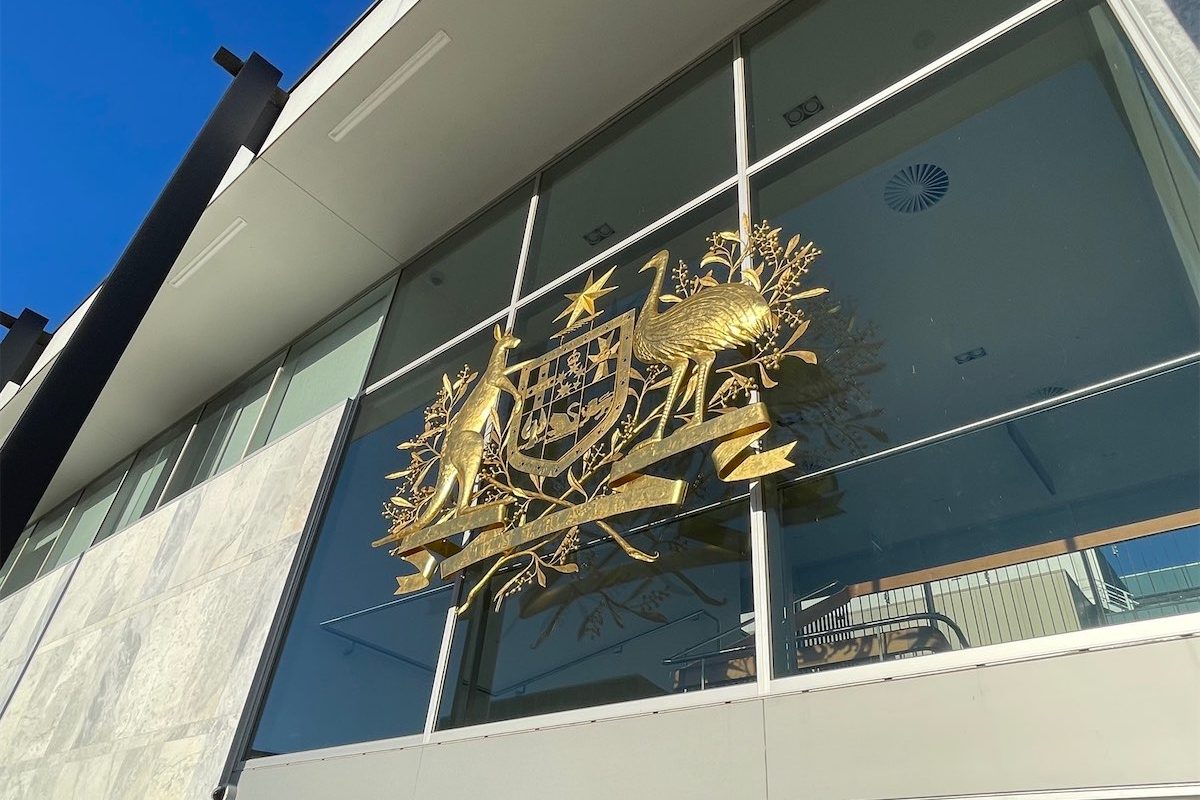
“Fobbing off a complaint by a barrister or solicitor to a Judicial Commission is easy work, as easy as Law Enforcement Complaint bodies dismissing without investigation embarrassing complaints about officers too senior, or too well known, to be expendable. But a complaint by a DPP is another matter,” writes legal columnist HUGH SELBY.
Should, shouldn’t, do, don’t, must, must not – these are words that drive good and bad manners, polite and impolite behaviour, acceptable and unacceptable conduct.

These words are used for such essential reasons as keeping us safe on the roads, when taking medicine and playing sport. There are clear rules, clear instructions, clear outcomes for those caught “doing the wrong thing”.
Less clear are the consequences of failing to follow the conventions that are good and bad manners. There are so many of them that inform our daily lives.
A failure to follow them shows disrespect, unacceptable ignorance.
It’s unsettling when long established “good manners” are ignored by those expected to know better.
Unsettling to whom? Unsettling to those who have abided by those good manners or benefited from them, and now face some discomfort from those manners being ignored, is the answer.
That discomfort often reveals that the “good” does not attach equally to the “doer” and the “beneficiary”. Often enough the “doer” gives and the “beneficiary” takes. Not being able to take is unsettling and upsetting.
What the “doer” gives, or gave until now, can be an action such as “giving up a seat”, or staying silent, rather than complaining.
Which brings us to the focus of this article, centred around “rudely making a noise when silence is good manners”.
It’s not long ago that referees and umpires were protected from “naming and shaming”. More than one miscall might lead to being left off the roster, or being sent to ref a lower grade – actions that left some “wiggle room” for explanations that matched a politician’s decision to spend more time with his/her family: plausible and so face saving.
That was then. It is not now, when perceived miscalls are “called out” on the spot. Accountability is immediate and it is public. Burying mistakes is harder than it used to be.
But that’s because of the bright light over the players, the referees and the sport management. Where the lighting is less, the observers fewer and the power imbalance greater, life goes on as before, with respect demanded even when it may not be due.
While it may be true that “the higher they climb the further they fall”, the more usual description would be “the higher they climb the better protected they are”.
Within courts and tribunals, for example, it is well-nigh impossible to find a transparent response to complaints of misconduct. Judicial Commissions are established to protect the legal system’s umpires, to repel those, for example, who wish to see accountability for overt racism within the hearing room, have apprehensions of bias dealt with by someone other than the alleged offender, expose a listing judge for misconduct in assigning cases to other members of their court, call bullying judges to account, or stop the practice of appointing and re-appointing acting judges because they will bend to the winds of convenience.
Simple imagery explains it. Imagine a healthy fruit tree. A piece of infected fruit can be anywhere on that tree; however, don’t expect the higher pieces to be culled. It is only the low-hanging fruit that is paraded before the public gaze.
Or so it seemed until the Victorian and NSW directors of public prosecutions (DPP) chose to ignore convention, to choose noise over silence, to expose the comfortable nonsense that differences of opinion about judicial conduct can be resolved by the appellate process. Between them there have been complaints to a judicial commission and to chief judges about judicial colleagues.
The issue of interest is not whether any of the complaints are well founded. The issue is that not one but two DPPs have chosen to ignore convention. In doing so they have done everyone a service because they have exposed the basic limitations of our present system.
Fobbing off a complaint by a barrister or solicitor to a Judicial Commission is easy work, as easy as Law Enforcement Complaint bodies dismissing without investigation embarrassing complaints about officers too senior, or too well known, to be expendable.
But a complaint by a DPP is another matter. It’s not just the status and seniority of the complainant. It is also the media interest that follows such a complaint. The torch lights are bright and they are focused on the response.
Those judges complained about having enviable reputations. Nevertheless, complaints have been lodged, a possibility neither they nor their colleagues envisioned. Now the responsible Judicial Commission has to inquire and report with unexpected attention to its actions and reasoning.
Chief judges, to whom complaints are made, need to consider when and how the targeted colleague is made aware of the complaint. It’s not straightforward, particularly if the complaint is about the conduct of a current hearing.
DPPs with a mind to complain have opened a Pandora’s box. They are protected from having to give reasons for their decisions. That protection should be removed as the quid pro quo for stepping out of the silence.
Judges’ behaviour, as well their law, is now transparently reviewable. Not a moment too soon.
Who can be trusted?
In a world of spin and confusion, there’s never been a more important time to support independent journalism in Canberra.
If you trust our work online and want to enforce the power of independent voices, I invite you to make a small contribution.
Every dollar of support is invested back into our journalism to help keep citynews.com.au strong and free.
Thank you,
Ian Meikle, editor









Leave a Reply